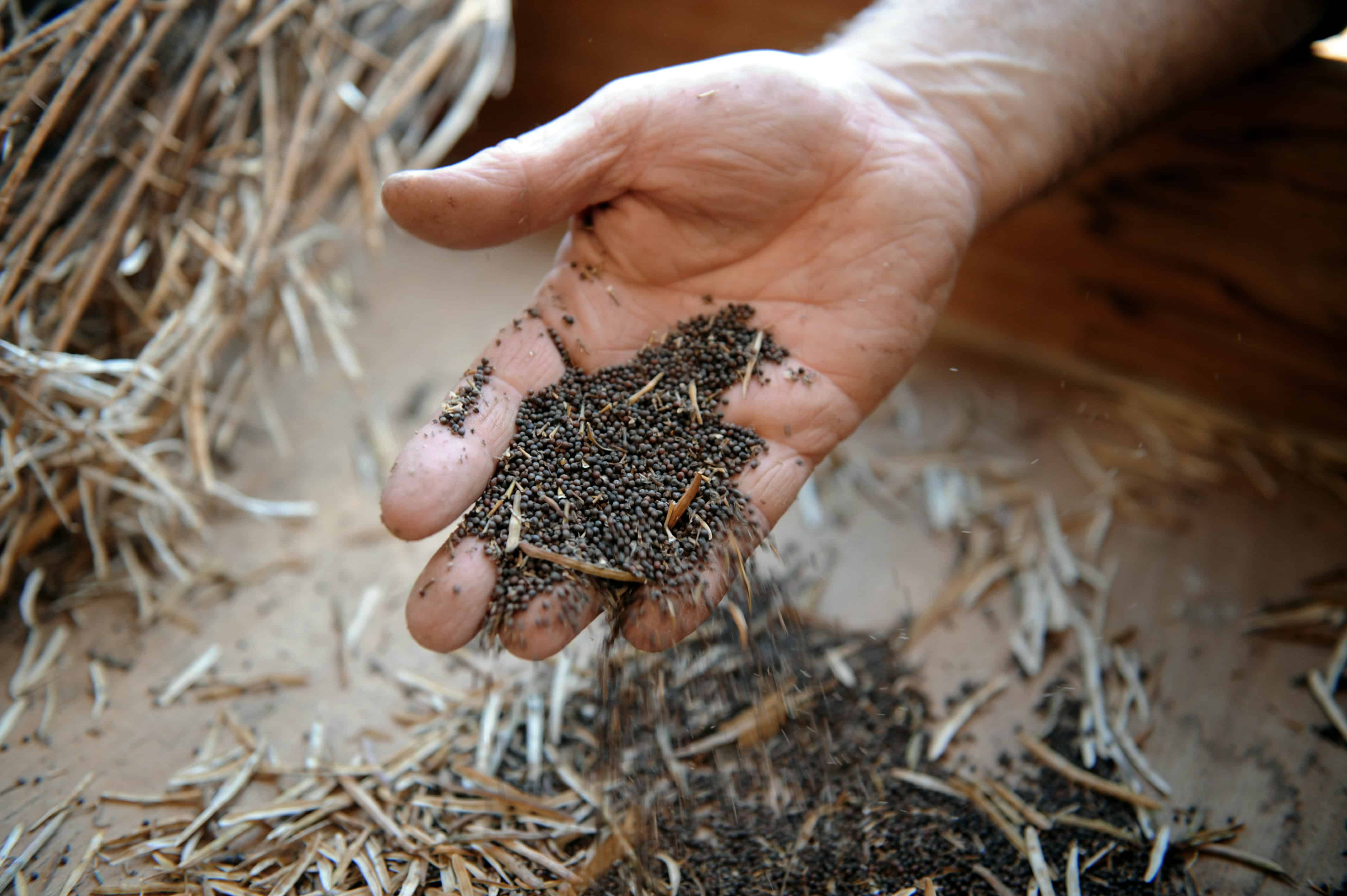I came to Costa Rica some time ago to live close to nature, and those years have been the most rewarding of my life. So let’s explore how gardening is such an important part of sustainable living and why it will be one of the most important issues of this century.
Why Gardens
Recently on the news, experts at a high-level governmental meeting on alternative energy and a sustainable future for Costa Rica revealed that we may have fewer than 50 years of petroleum reserves on the planet to fuel our present unsustainable lifestyle.
As Costa Rica has no petroleum fields, the government is moving toward a new plan for Costa Rica. Necessity is the mother of invention.
Other research has indicated that our present food production systems require 2 kilocalories of fossil fuel energy to produce and distribute every 1 kcal of food energy. This alarming statistic points out the highly inefficient and fossil fuel-dependent method we have created for food production. In our globalized food production system, food products often travel up to 3,000 miles or more before reaching the dinner table.
Home gardens and local, natural food production, then, are at the heart of sustainable living. Suburban and even urban areas can utilize rooftop and hydroponic gardens for sustainable food production systems.
Japan and other countries around the world have become leaders in developing these sustainable technologies.
In our present system, we have trained a society of specialists who have lost the basic knowledge and skills of food production.
Many children don’t even know where our food comes from and often think it originates in the supermarket. Their only contact with a farm comes from television programs.
Throughout the years I have worked in school gardens, it’s been remarkable to see how children delight in learning how to grow their own food. It’s as if they are getting in touch with the ancestral wisdom from generations of agrarians who made our societies strong and independent before the advent of the industrial age. Kids are filled with joy when they eat tomatoes directly from the plants they have nurtured themselves.
In fact, this same joy keeps me eager to enter the garden to work with nature in the act of caring for myself and others.
Getting Started
Small Is Beautiful
If you are just beginning to try gardening in Costa Rica, it’s best to start small. From small successes you can expand to larger gardening projects. Nothing is more discouraging than failure in those first attempts at gardening.
I’ve heard this phrase so many times: “Oh, I tried gardening here, but it just didn’t work.” Gardening is a multifaceted discipline that involves sun, air, water, soil, plants, insects and microorganisms. Getting all the factors right leads to success in a natural garden. As I mentioned, we have lost a great deal of our heritage of gardening knowledge, particularly when it comes to natural gardening. Study up on the subject before you begin. Before ou start planting, be sure your soil is right. We live in a time when our soils are extremely degraded from human activities such as agriculture and building.
It is important to revive the soil’s fertility to grow healthy, productive plants. Fortunately, we can recycle organic waste from the kitchen and home to create fertile compost for plants, and at the same time reduce our waste disposal problem by 40 percent. Worm composting is by far the best method for creating rich, fertile compost soil.
Once you have fertile soil, try planting cherry tomatoes in a small garden bed or perhaps in recycled plastic 5-gallon buckets with holes in the bottom for good drainage. Place them on the sunny side of the home under the eave of the house to keep them out of the rain.
With small tests like these, you will be able to refine your soil-building techniques and increase your gardening productivity. In all the years I’ve been here, I have never given up the game of gardening. I still have some crop failures, but the rewards certainly outweigh the losses.
Giving and Receiving
With the Garden
Sustainable living is also about sacrifices and new rewards. You’ll find you may have to sacrifice some of those free weekend hours caring for the garden. Although I have sacrificed a world of modern living with restaurants and malls, the rewards have been years of good health as a result of eating natural foods grown directly from the garden and fruit trees, while also spending less money on the weekly food budget.
Some time ago the program “Al natural” presented an indigenous leader from the Santa Marta region of Colombia.
These tribes have been living in harmony with nature like their ancestors for centuries and have been warning the “younger brothers” about their unsustainable living. This indigenous leader recommended we begin to change our perspective about the world we live in, saying that all of life’s forms are interconnected.
Starting to change our world begins with changing our perspectives and then our activities. Gardening reflects just one aspect of a new start toward harmony with nature.







